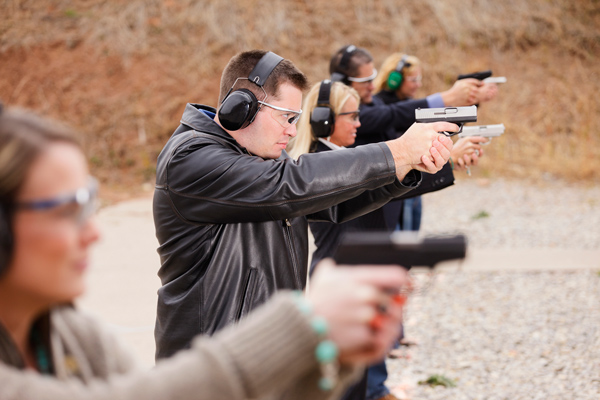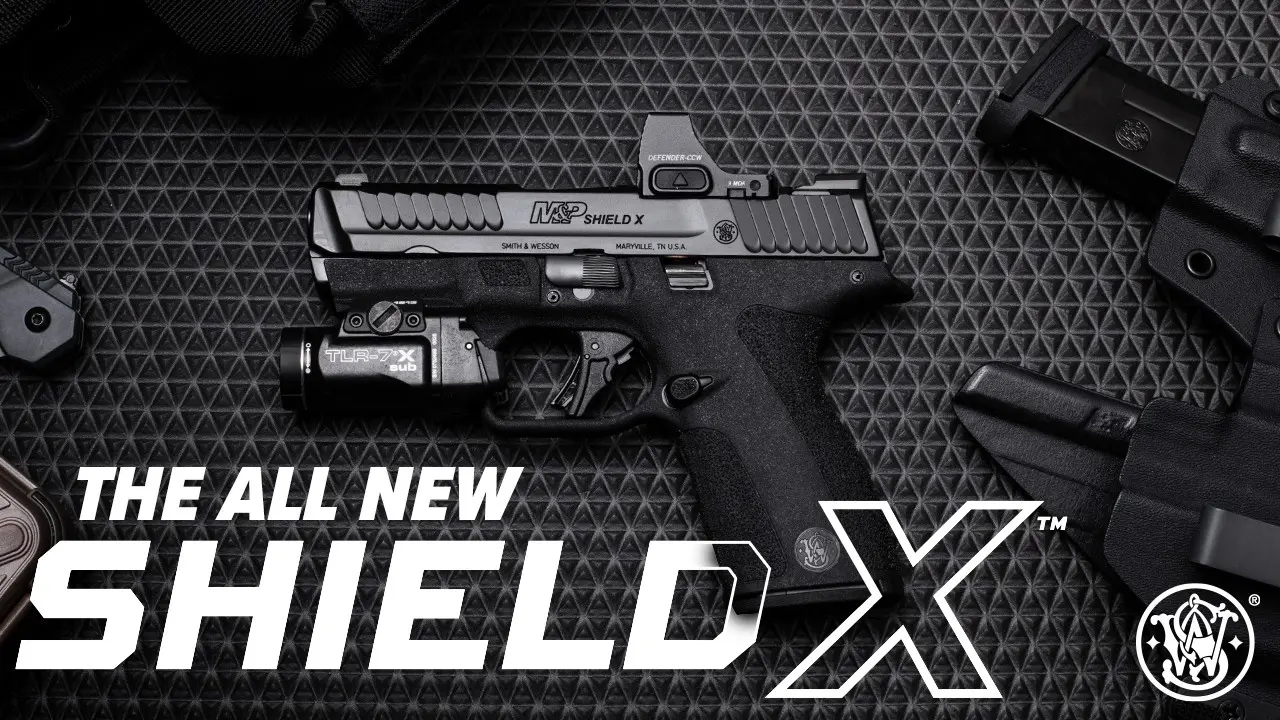Self-defense preparation involves far more than learning to use a gun. In fact, the gun is the last thing you use.
![]()
![]()
When it comes to concealed carry, it’s easy to get wrapped up in just the shooting skills portion of the whole thing. That’s the most fun part. Believe it or not, you should be well balanced as a person and diversify your skills. You can start here with our five essential skills that are not shooting.
Basic Medical Knowledge
Basic medical knowledge and trauma care can be invaluable. Not only for violent situations, just for everyday life. Car accidents, slip and falls, cuts, and more happen in situations entirely unrelated to defensive shooting. Having these skills makes you a more prepared citizen when it comes to facing the world.
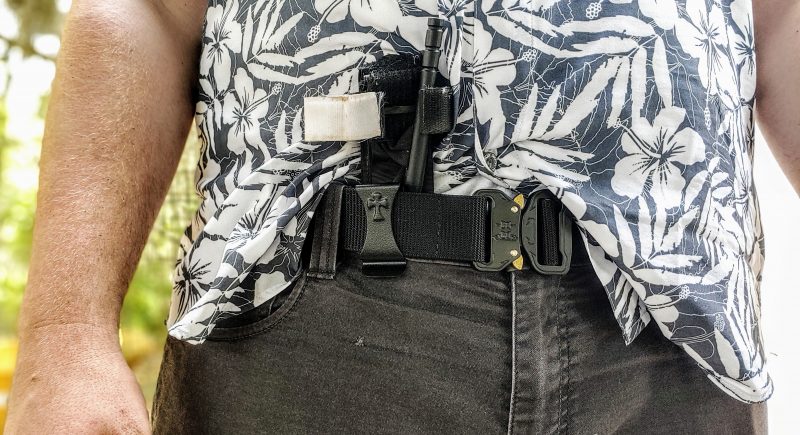
Simple classes like Stop the Bleed can be invaluable, as can wilderness medical classes or dedicated tactical trauma courses from outfits like Dark Angel Tactical. Learning how to use combat gauze, tourniquets, H bandages, and chest seals can save a life.
Stopping bleed, CPR, and how to use an AED machine should be basic skills alongside shooting, moving, and communicating.
How to De-Escalate
If you ever have to use your gun for self-defense, it’s likely to be one of the worst days of your life. As responsible concealed carriers, we know that using our firearms is the very last technique we should ever do. One way we can avoid a violent situation is to learn to de-escalate.
While some violent situations escalate from nothing to something in the blink of an eye, others slowly grow from small encounters to full-blown arguments and into violent situations. As such, mitigate the effect by learning to de-escalate.
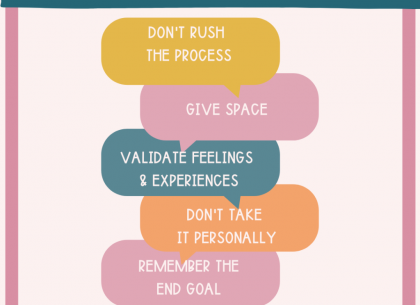
Learn how to listen, control your ego, and express empathy when someone believes they’ve been wronged. It can be tough, especially when you’re not in the wrong, but at the end of the day, who cares? I can tell you now that after you use your firearm, at the end of the day, you will care. Learn to recognize a potentially bad situation, de-escalate, and escape. Learning de-escalation techniques can be quite simple, and you can click here for a few to remember.
Situational Awareness
While de-escalation is great, what about avoiding a bad situation entirely? Situational awareness provides you with a critical skill in recognizing potential danger and avoiding it. If you can recognize a threat early, you can buy yourself more time to deal with it.
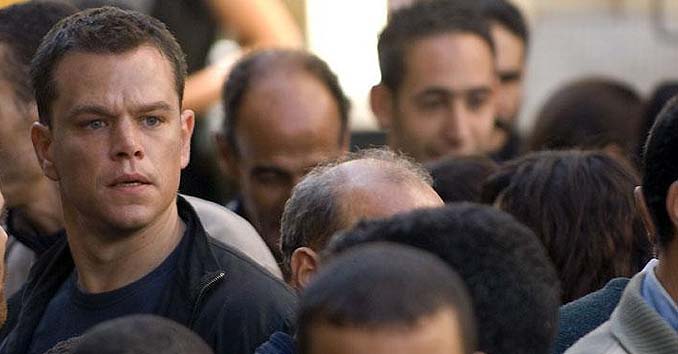
Situational awareness can’t necessarily be taught by a professional. You can learn it by yourself by constantly reminding yourself to pay attention. Look around, take in a room, a building, and look at people. When you see a parking spot scan 5 meters around your immediate area and 25 meters around after you’ve stopped and parked.
Learn where the exits are, avoid areas without escape routes, and learn to recognize everything from dangerous dogs to rough roads. Put the phone down, look around, and exercise your situational awareness skills.
Basic Unarmed Skills
You don’t need to be a ninja or pro boxer by any means. However, knowing how to throw a punch, how to move, and how to keep your guard up and chin down can be invaluable. You also should learn how to retain your firearm. Firearm retention skills are invaluable as an armed person.
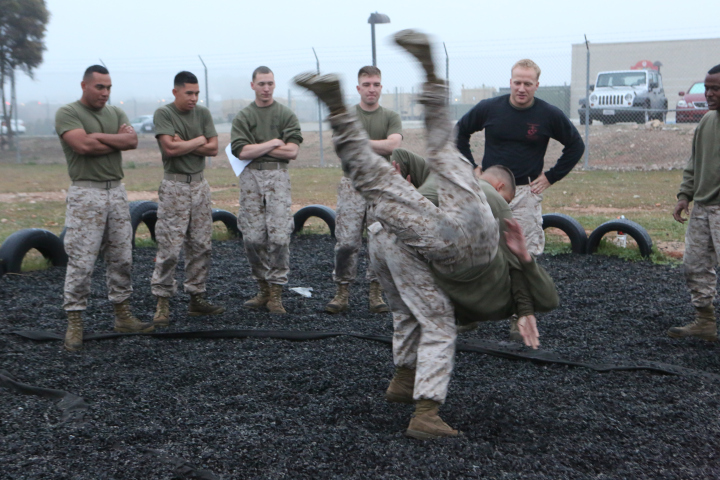
Knowing how to handle yourself on the ground can be valuable too. Even if it’s just blocking and protecting your head. Admittedly these skills take a pro to teach, but they can be well worth it. If you have unarmed skills, you can stay alive long enough to get your handgun out of the holster.
How To Plan
When you go out at night, what’s your plan? Get dinner with your significant other, maybe go for a walk, then come home and watch Netflix! Sounds great, but that plan is a skeletal structure for a real plan. When I go out, I know where my nearest hospital is, where police stations are, and I know which roads are closed, which neighborhoods are bad, and how I’m getting where I’m going.
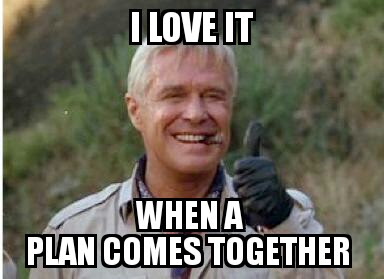
When I’m local, this is easy. I know where those things are, but I also like to travel. This requires me to dive deep into Google maps at times and figure out where I am, where I should be going, hospital locations, and more. Knowing these things can save a life, even if it’s not your own.
Planning skills are hard to teach, but they start to become more natural as you do it. It seems a little nutty at times and can often take a lot of time to do, but it gets easier. You’ll love it when a plan comes together.
Build Your Skills
Gunslinging is an important skill, but there are plenty of skills that are just as valuable and useful as being a sure shot. Most concealed carriers pride themselves on being prepared, but just having a gun doesn’t make you prepared. A deck of skills can be invaluable to turn to when times get rough.
What other skills should concealed carriers know? Tell us below.
ABOUT THE AUTHOR:
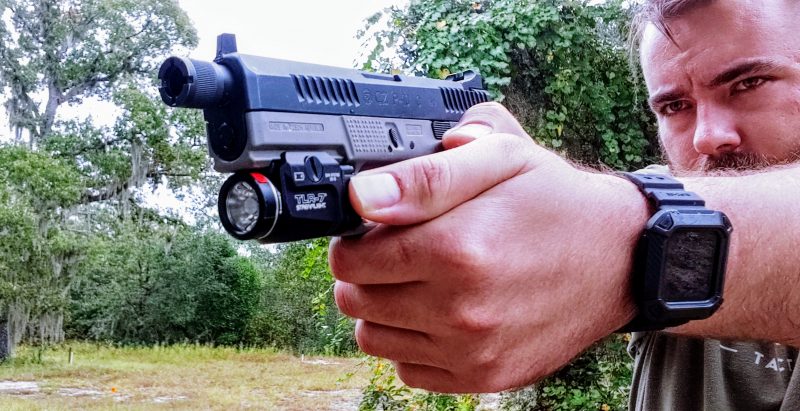
Travis Pike is a former Marine Machine gunner who served with 2nd Bn 2nd Marines for 5 years. He deployed in 2009 to Afghanistan and again in 2011 with the 22nd MEU(SOC) during a record-setting 11 months at sea. Travis has trained with the Romanian Army, the Spanish Marines, the Emirate Marines, and the Afghan National Army.
He serves as an NRA-certified pistol instructor and pursues a variety of firearms-based hobbies.
![]()
You may also enjoy these popular articles:


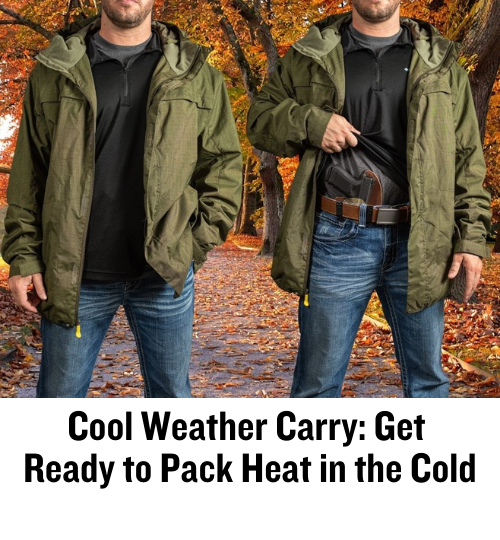
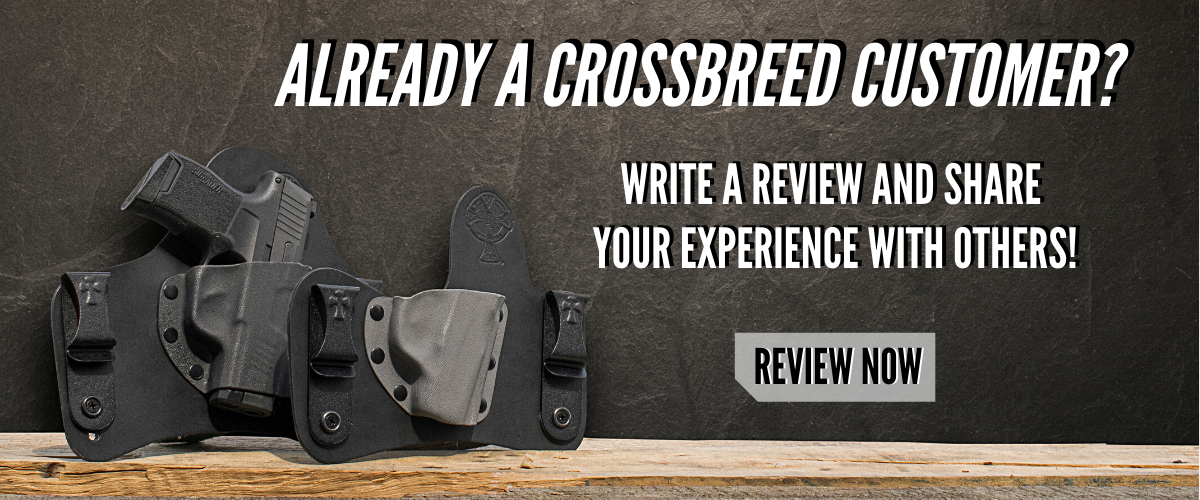
©MTC Holsters, LLC and CrossBreed Holsters Blog, 2021.
Unauthorized use and/or duplication of this material without express and written permission from this site’s author and/or owner is strictly prohibited. Excerpts and links may be used, provided that full and clear credit is given to Travis Pike and the CrossBreed Blog with appropriate and specific direction to the original content.
![]()

